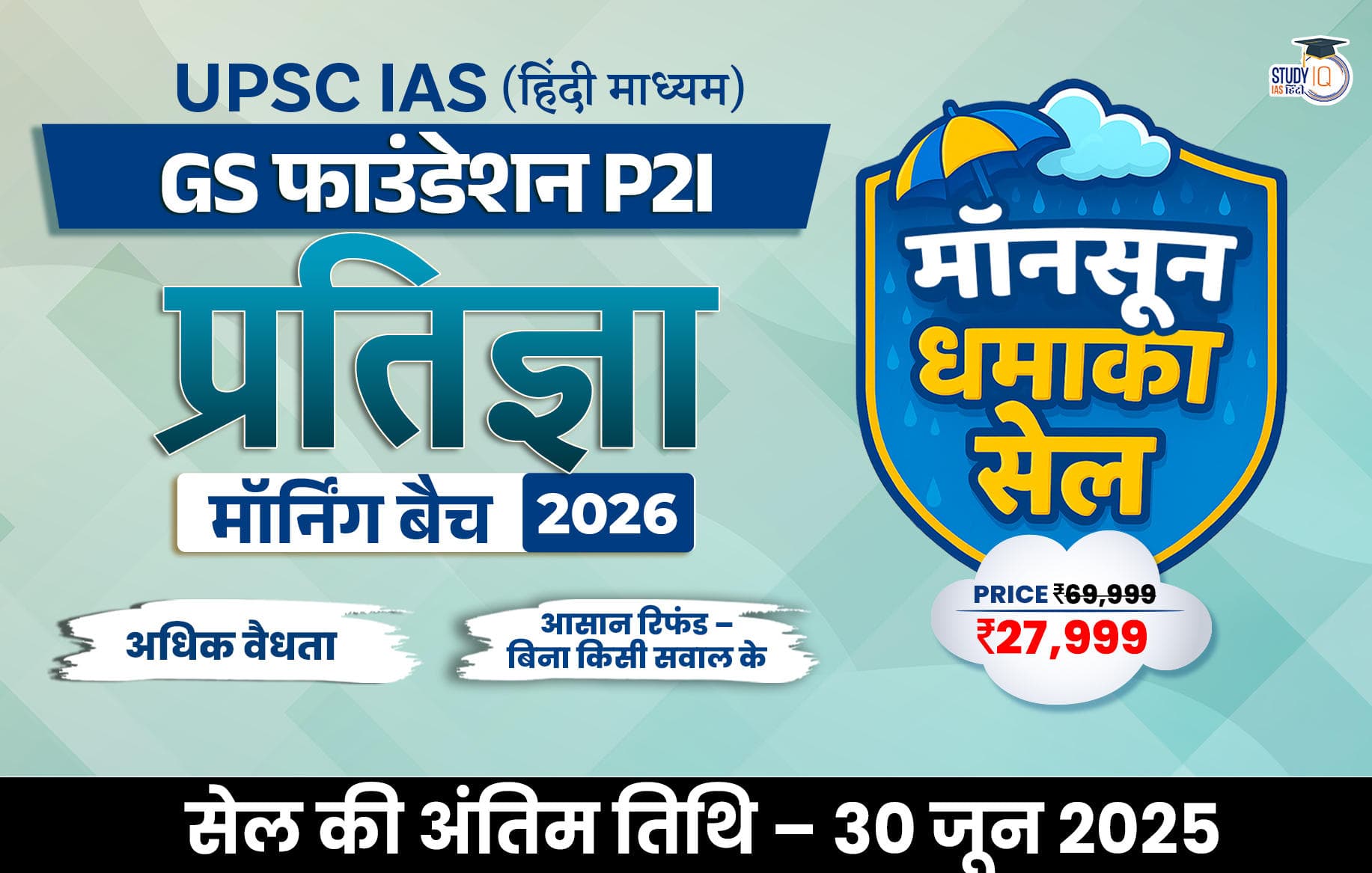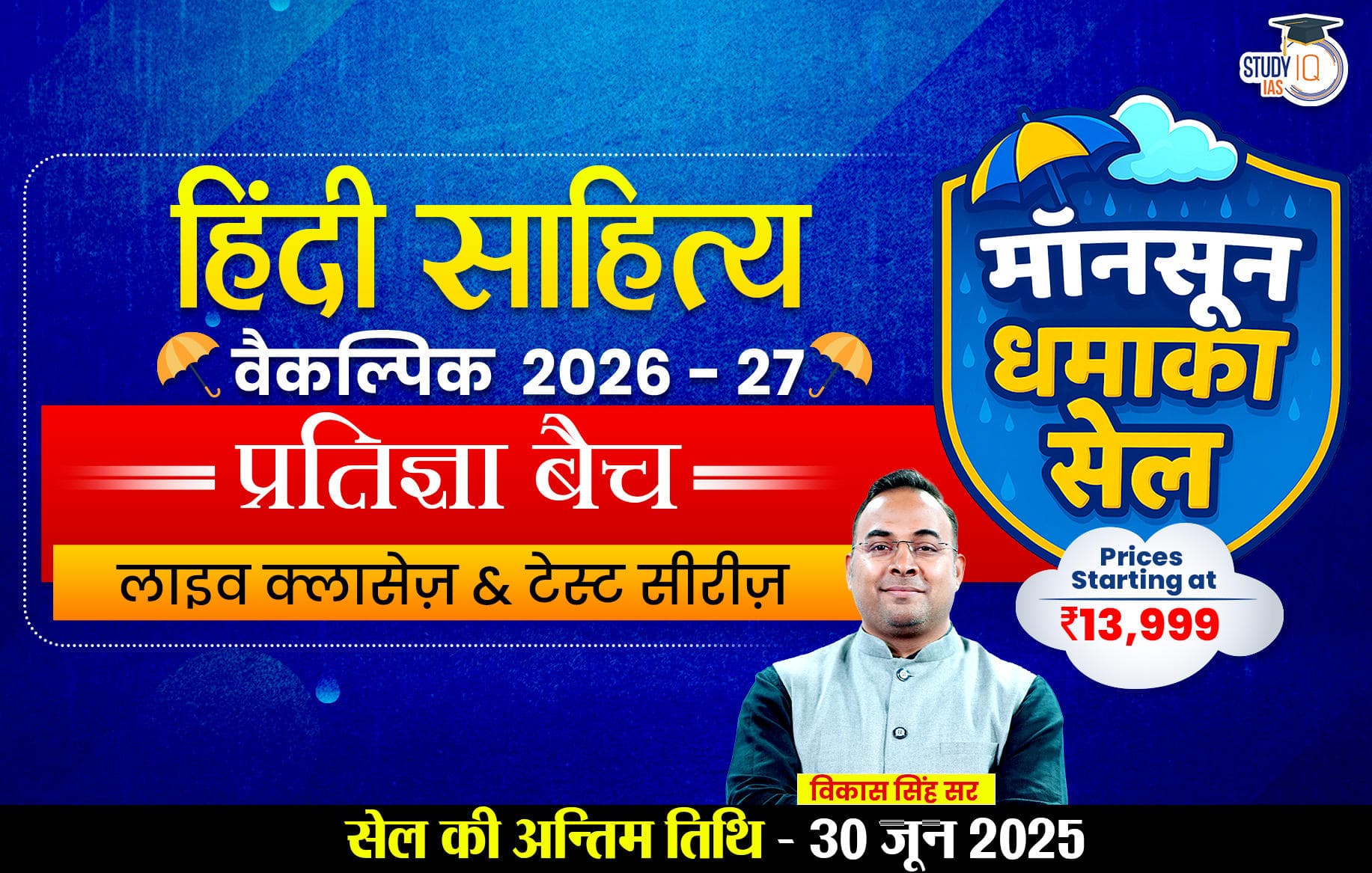Table of Contents
The Union Public Service Commission has released the UPSC Mains Exam Date 2024 on its official website. The Commission is going to conduct the UPSC Mains on 20th September 2024, as per the latest update. The UPSC Mains Admit Card 2024 has been released on 13th September 2024. A direct link has been provided in this article.
UPSC Mains Date 2024 Out
Candidates who will be taking the UPSC Mains exam can read this article for important details. The following highlights from the UPSC exam are available for candidates to review before diving into the details:
| Overview | |
| Exam Name | UPSC Civil Services Exam |
| Conducting Body | Union Public Service Commission |
| Frequency of Conduct | Once a year |
| Languages | English, Hindi |
| Mode of Application | Offline / Online |
| Application Fee (General) | 100 Rs [Offline] |
| Mode of Exam | Offline |
| Mode of Counselling | Offline |
UPSC Mains Time Table 2024
The Commission is going to conduct the UPSC Mains Exam from 20 September 2024 to 29 September 2024. There will be a 5-day gap between Paper V and Paper A (Indian Language), which is scheduled for 28 September and 29 September. The easy paper will be conducted on 20 September in the morning shift. On next days, 21 September 2024, GS Paper 1 and GS Paper 2 will be held in morning and afternoon sessions, respectively.
| Time Table for UPSC Mains 2024 | ||
| Shift | Morning Session | Afternoon Session |
| Date (Day) | 9:00 A.M. to 12:00 P.M. | 2:00 P.M. to 5:00 P.M. |
| 20/9/2024 (Friday) | Paper-I: Essay | No Paper |
| 21/9/2024 (Saturday) | Paper-II: General Studies-I | Paper-III: General Studies-II |
| 22/9/2024 (Sunday) | Paper-IV: General Studies-III | Paper-V: General Studies-IV |
| Next Weekend | ||
| 28/9/2024 (Saturday) | Paper-A: Indian Language (Assamese / Bengali / Bodo / Dogri/ Gujarati / Hindi / Kannada / Kashmiri/ Konkani / Maithilli / Malayalam / Manipuri / Marathi / Nepali /Odia / Punjabi /Sanskrit /Santhali/ Sindhi/ Tamil / Telugu /Urdu) | Paper-B: English |
| 29/9/2024 (Sunday) | Paper-VI: Optional Subject-Paper-1
Literature of any one of the following languages:
|
Paper-VII: Optional Subject-Paper-2
Literature of any one of the following languages:
|
UPSC Mains 2024 Important Date
Candidates who have cleared the UPSC Prelims Exam are waiting for the Mains 2024 Exam Dates. The Commission has announced the Official UPSC Mains Exam Date 2024 on its website, upsc.gov.in.
| Events | Dates |
| UPSC Notification 2024 Release Date | 14 February 2024 |
| UPSC Registration Date Begins on | 14 February 2024 |
| UPSC Prelims Exam Date 2024 | 16 June 2024 |
| UPSC Mains Admit Card 2024 | 13 September 2024 |
| UPSC Mains Exam Date 2024 | 20th September 2024 onwards (exams for five days) |
UPSC Mains Exam Pattern 2024
Commission revised the UPSC Main pattern in 2015. Nine theoretical papers (essay descriptive type) will be included in the UPSC Mains, according to the new schedule. Seven of the nine papers will be used to determine merit rankings. Additionally, candidates must select one elective subject for the UPSC Mains. Later in the article, there will be more information on UPSC Mains optional. The total possible score for the UPSC Mains exam is 1750 (7 papers * 250 marks each). The length of each paper is three hours. Below is a summary of the UPSC Exam pattern for the Civil Services Exam:
| S.No. | Papers | Subject | Nature of Exam | Total Marks |
| 1 | Paper A | Indian Language | Qualifying | 300 |
| 2 | Paper B | English | Qualifying | 300 |
| 3 | Paper I | Essay | Counted for Merit | 250 |
| 4 | Paper II | General Studies (GS) I | Counted for Merit | 250 |
| 5 | Paper III | General Studies (GS) II | Counted for Merit | 250 |
| 6 | Paper IV | General Studies (GS) III | Counted for Merit | 250 |
| 7 | Paper V | General Studies (GS) IV | Counted for Merit | 250 |
| 8 | Paper VI | Optional Subject Paper-I | Counted for Merit | 250 |
| 9 | Paper VII | Optional Subject Paper-II | Counted for Merit | 250 |
UPSC Mains Syllabus 2024
Union Public Service Commission released the UPSC Mains Syllabus 2024 along with the exam pattern on its official CSE Notification. The Candidate preparing for the UPSC Mains exam should have an idea about the topic asked in the exam. So here cames the Syllabus for Mains in the role. It is a crucial tool for applicants as they organize their study plans and schedule specific amounts of time for every subject. The written examination will consist of nine conventional essay-style papers.
Also, Check UPSC Mains Optional Paper 2024

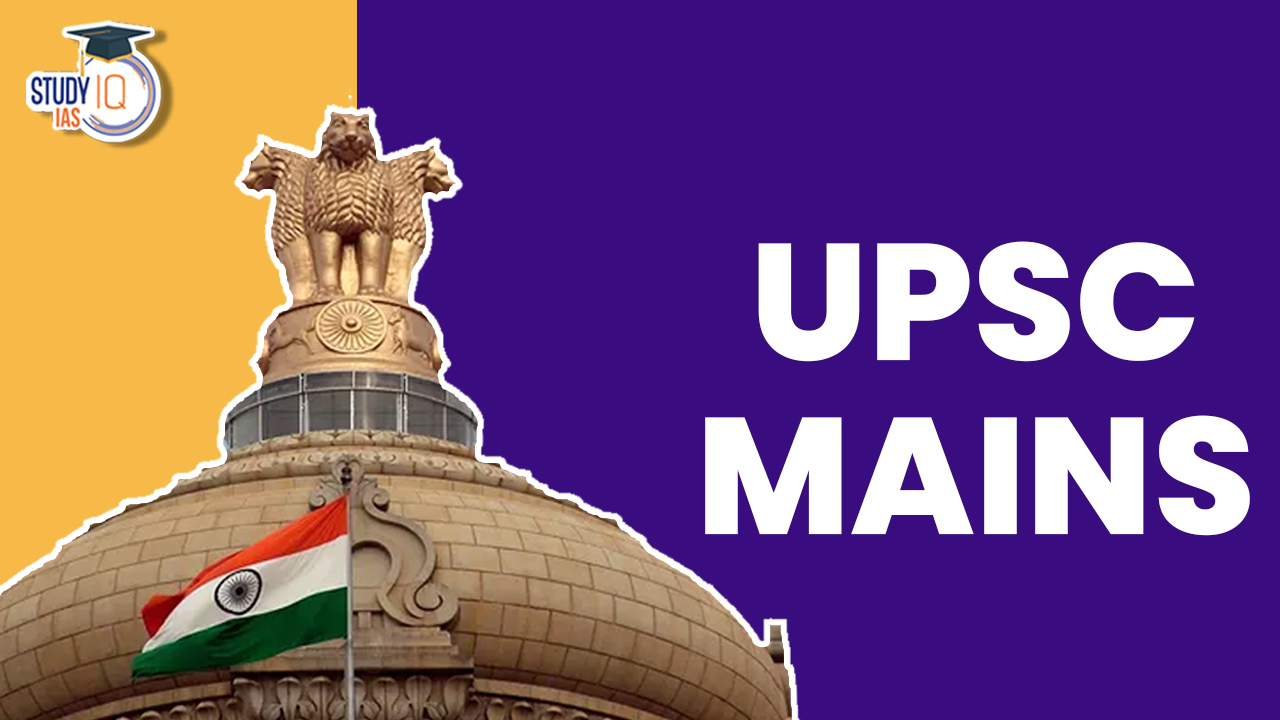
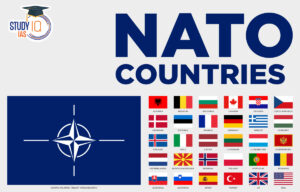 NATO Countries List 2025, Members, Funct...
NATO Countries List 2025, Members, Funct...
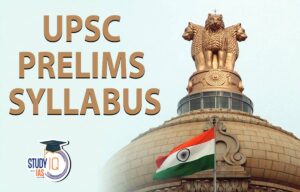 UPSC Prelims Syllabus 2025 PDF, Check Su...
UPSC Prelims Syllabus 2025 PDF, Check Su...
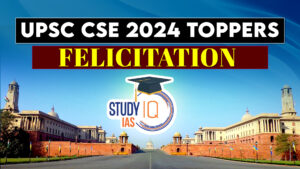 UPSC Toppers 2024 Felicitation Program b...
UPSC Toppers 2024 Felicitation Program b...


